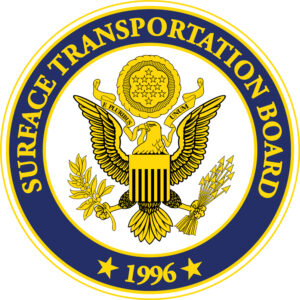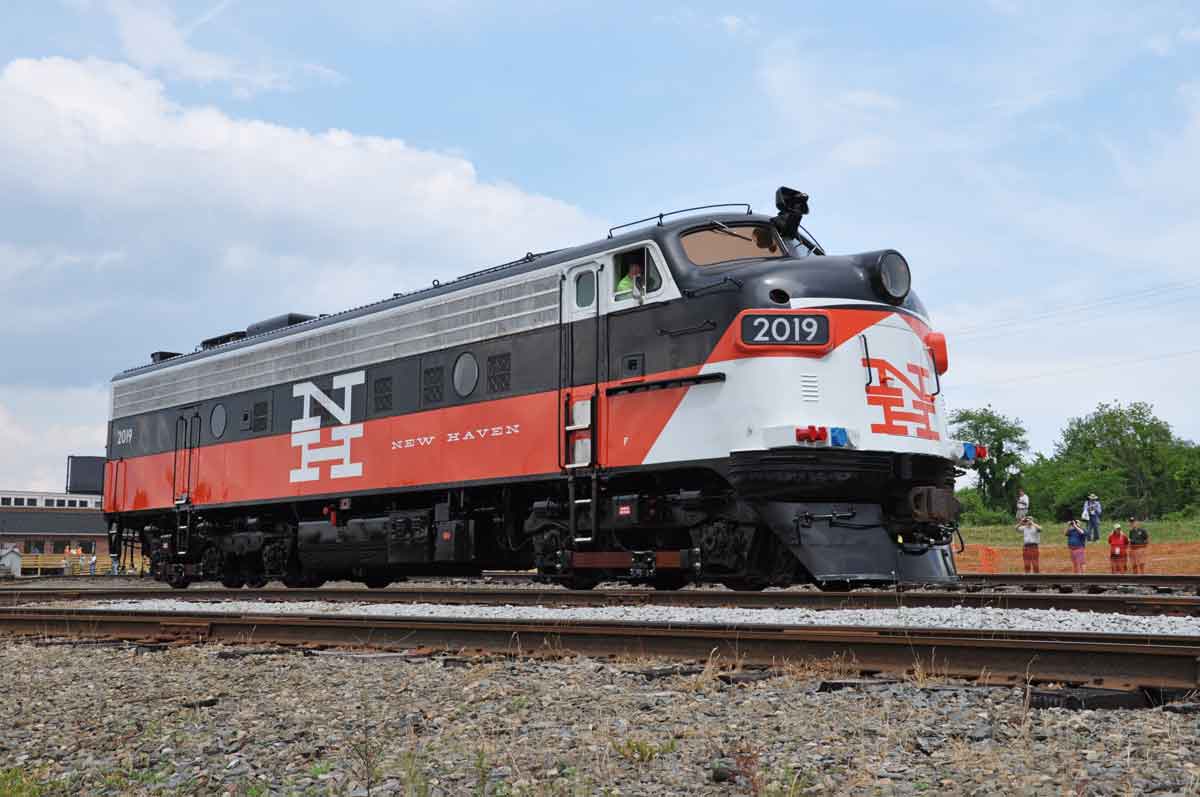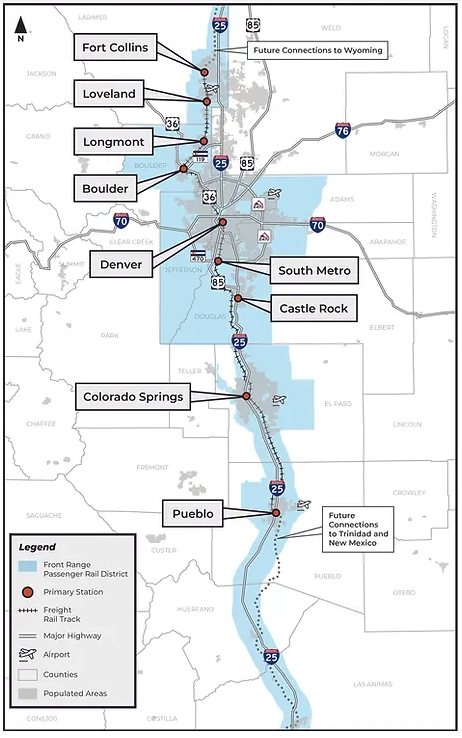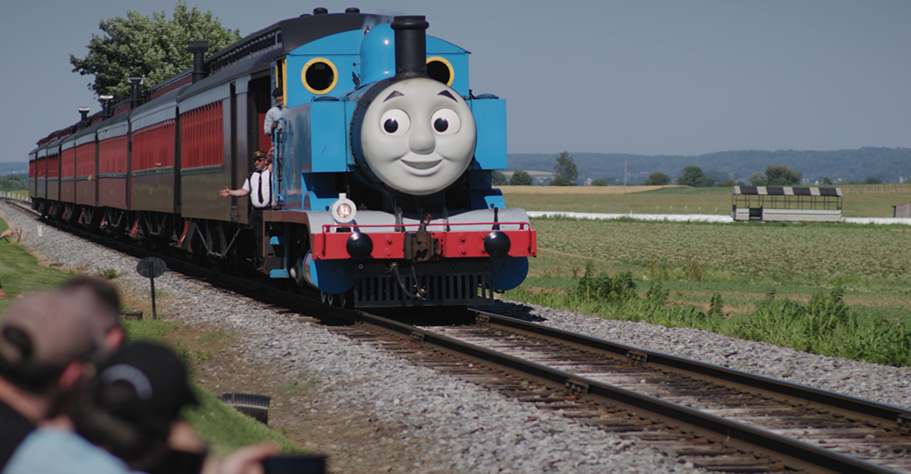 WASHINGTON — The Surface Transportation Board has adopted a pair of streamlined rules designed to make it easier for shippers and railroads to settle disputes in smaller rate cases.
WASHINGTON — The Surface Transportation Board has adopted a pair of streamlined rules designed to make it easier for shippers and railroads to settle disputes in smaller rate cases.
The Monday decisions established two new rate reasonableness procedures, including a voluntary arbitration program and a new process called Final Offer Rate Review. Shippers applauded the move, while the Association of American Railroads said the rules were unworkable.
STB Chairman Martin J. Oberman said the decisions will make it easier, faster, and cheaper for shippers to file and settle rate cases worth up to $4 million in relief over two years.
“The two rules attempt to strike a balance between the competing interests of various stakeholders,” Oberman said in a statement. “While much of the shipper community has expressed a preference for FORR and the railroad community pursued a voluntary arbitration program in lieu of FORR, both rules have much in common — they both offer relief under similar time frames, allow for flexibility to use different methodologies, and have the same monetary limits. I am confident that either program will provide shippers with access to more meaningful rate relief than was previously available to them.”
The AAR said Final Offer Rate Review exceeds the STB’s authority because the board would pick rates either proposed by the shipper or the railroad involved rather than perform any economic analysis.
The AAR was critical of the arbitration program’s requirement that all seven Class I railroads agree to participate.
“On its face, the ‘all or none’ approach misses the mark and risks undermining the Board’s stated desire for alternative dispute resolution over litigated outcomes. As it stands, even if a vast majority of railroads sign up for ADR, the rule will prevent small rate disputes that could quickly and cost-effectively be arbitrated because anything short of 100 percent industry participation prevents anyone from using it,” AAR CEO Ian Jefferies said in a statement.
The American Chemistry Council, which represents chemical shippers, welcomed the new rules, which shipped had long sought.
“These new procedures are an important move in the right direction that will provide the STB, railroads and shippers with a speedier option for resolving small rate cases in the absence of effective market competition,” said Dr. Kimberly Wise White, the ACC’s vice president of regulatory and scientific affairs. “Instead of lingering on for years, rate cases can be resolved in a matter of months. Adopting these new rules helps the Board fulfill its Congressional mandate to ensure reasonable rates for shippers that lack competitive transportation options.”













I find this interesting. The Board creates an opportunity for claims to be settled quickly. The shippers like it. The railroads do not.
“Instead of lingering on for years, rate cases can be resolved in a matter of months….” One of the tactics used in disputes is to drag this out until one party throws up their hands. Talking with a retired claims manager from a West Coast fallen flag, this is exactly how the claims department operated. Stall, bully, procrastinate and so on until the claimant just gave up. In the end, the claim money that stayed in the company coffers.
Perhaps that is why the railroads like arbitration. It can drag on for years. As the costs of arbitration escalate and reach the dollar amount of the dispute, the shipper just gives up. It’s no skin off the railroad since the arbitration attorney is already on the payroll. The extra money stays in the coffer.
Just my thoughts. Yours?